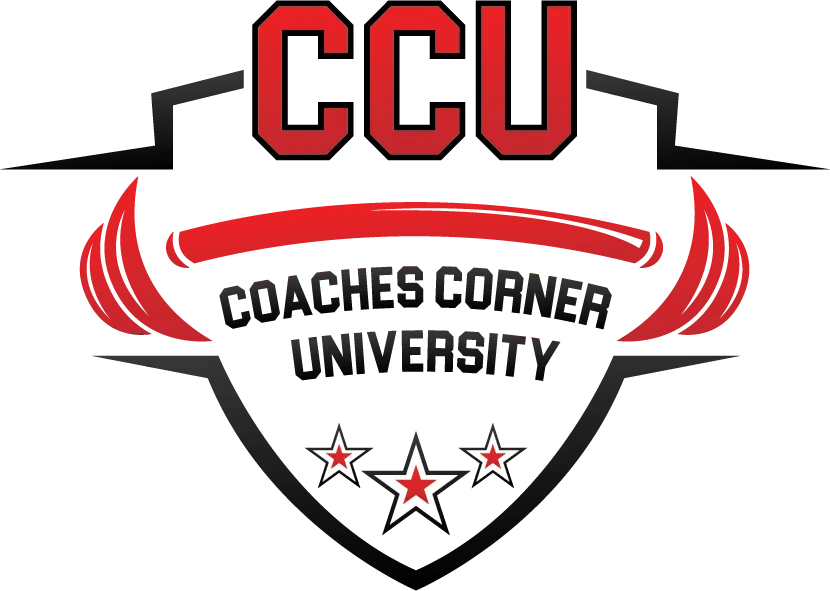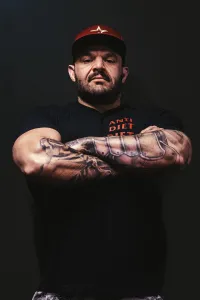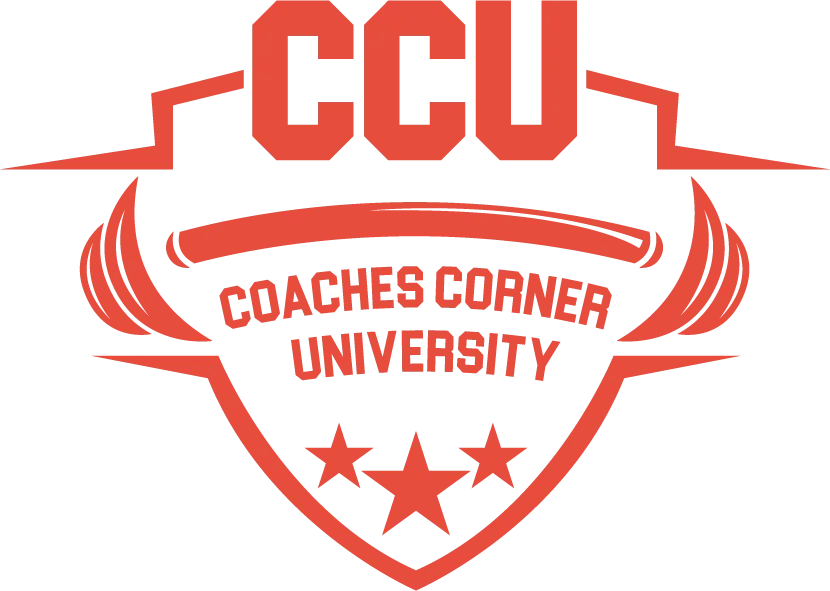Discover The Latest Blogs
Stay updated with Our Informative Blog Posts
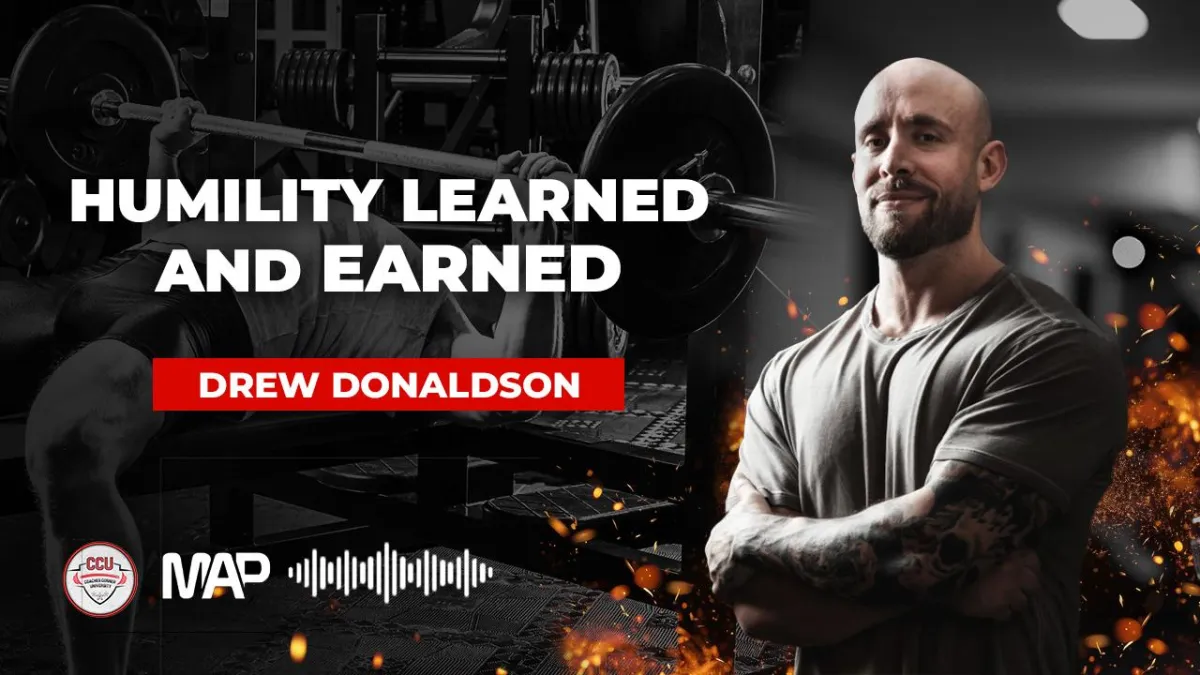
CCU Podcast - Drew Donaldson: Humility Learned and Earned
Humility Learned and Earned
This week, I sat down with Drew Donaldson from DDTMethod. He is a full-time coach and personal trainer with over 10,000 hours of one-on-one coaching experience over nearly two decades.
With clientele ranging from everyday people to professional athletes and Forbes-listed CEOs, Drew has developed a training methodology blending several training styles together to not only customize but OPTIMIZE training and nutrition for every shape, size, and background.
Drew combines years of research and study with real-world experience to deliver results, leaving no stone unturned.
A former professional wrestler with organizations such as the billion dollar entertainment company WWE as well as time spent as a well respected high end personal training manager, Drew has used his networking opportunities to gain access to some of the most brilliant minds in the fitness industry to learn from the best minds in the training industry throughout his career.
Having spent more than his share of time in the trenches himself, Drew has used his personal and professional training experience to master a hybrid style of training, matched with purposeful and optimal nutrition, all customized to the individual.
Few embody a comprehensive approach better than Drew, whose unique perspective cuts through the noise of social media certifications and flashy marketing. His experiences expose the pitfalls many coaches stumble into and the mindset shifts that elevate coaching practice from transactional to transformational. Whether you're just starting your coaching journey or looking to refine your approach after years in the field, these 10 takeaways represent principles that can fundamentally change how and why you coach in the first place.
10 Key Takeaways from Humility Learned and Earned
Continual Education Is Non-Negotiable
Drew emphasizes that coaches should never stop learning. The concept that one could "know enough" hinders most people in the industry. He explains: "I think in some cases, people put in an incredible amount of effort and accumulate an incredible amount of knowledge or just an incredible amount of practical experience...And whenever you settle at that position, I think you're shooting yourself in the foot." This mindset of constantly expanding your knowledge base is essential for growth as a coach.
Put Yourself in Rooms Where You're Not the Expert
A critical component of professional development is deliberately placing yourself in environments where you can learn from those more knowledgeable than you. As Drew states: "if you're not the dumbest person in the room when it comes to what you're trying to be good at, you're in the wrong fucking room." This approach accelerates learning and exposes you to diverse perspectives and methodologies.
Build a Network of Specialists
Having a strong professional network allows you to serve your clients better. Drew shares advice from Dr. Dwayne Jackson: "Have a network. If you're uncomfortable with something but have a network of people, you can check with those people, and they'll help you." When faced with questions outside your expertise, leveraging this network enhances your value to clients: "Your client's not going to go, well, fuck you. Give me his number. I'm going to hire him...they're going to go, wow, my coach is not only a great coach, but they have a network."
Know and Respect Your Scope of Practice
Understanding your professional limitations is crucial for ethical coaching. Drew emphasizes: "If you're ignorant of something and it leads you to becoming negligent in practice...you need to scale back and realize what your scope of practice is and what you're available to coach on." He distinguishes between ignorance (which can be addressed through education and networking) and arrogance (which is more problematic).
Develop the Humility to Say "I Don't Know"
A standout quality in excellent coaches is their confidence in admitting knowledge gaps. Drew advises: "Tell your clients that you don't know this," and then follow up with "I don't know, but let me check." This builds trust rather than damages your credibility, as clients appreciate honesty and thoroughness more than false expertise.
The Coach-Athlete Relationship Must Be Built on Trust
Drew emphasizes that the foundation of effective coaching is a trusting relationship.
Coach for Autonomy, Not Dependency
The ultimate goal of coaching should be client independence. Drew explains: "I want to get everybody working with me to that point, which is a little counterintuitive because that means eventually they won't need me at all.
Diversify Your Knowledge Base
Drew highlights how his varied experiences (from professional wrestling to personal training to health optimization) have made him a more effective coach: "The more variety you have in your development, the more beneficial that's going to be to anybody you work with." This diversity allows coaches to draw from different domains when solving client problems.
Avoid Being the "Angry Coach"
Drew specifically mentions how counterproductive fear-based coaching is: "If you're fearful of your coach being mad...there's a problem with that." While acknowledging that extreme endeavours like competitive sports or bodybuilding require mental toughness, fear and intimidation are poor motivational tools for most coaching scenarios.
Focus on Helping People First, Business Second
Drew summarizes his business philosophy as follows: "Help so many people that I can make so much money that I can stop caring about money and just focus on helping people." This client-centred approach prioritizes quality service and genuine care for outcomes over profit maximization, ironically creating more sustainable and profitable businesses in the long run.
These takeaways emphasize that successful strength and conditioning coaches combine technical expertise with interpersonal skills, continual learning, ethical boundaries, and client empowerment. The most effective coaches are those who view their role as guides who educate and support clients toward independence rather than creating dependency.
Find Drew:
Email: [email protected]
Website: DDTMethod.com
Instagram - @ddtmethod
Find the podcast:
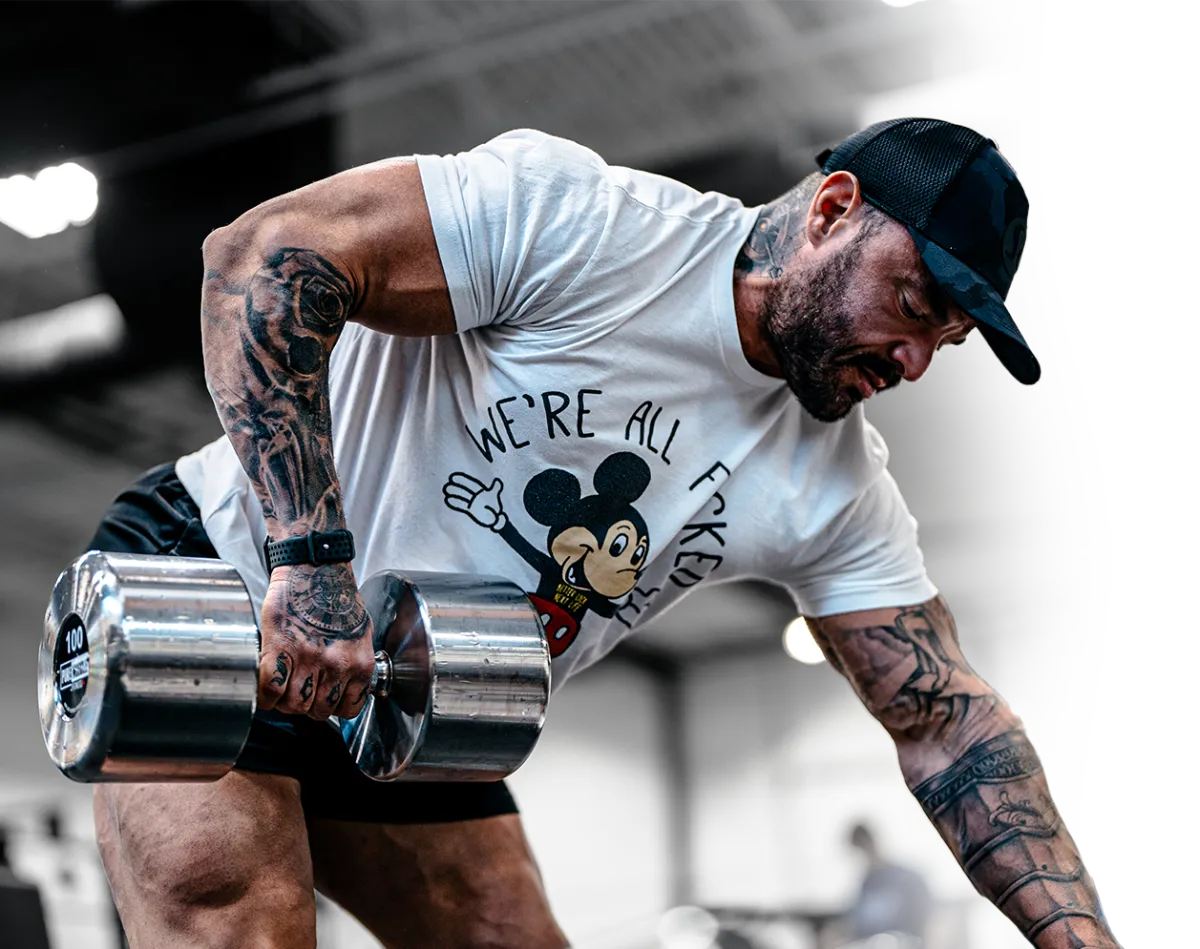
Coaches Corner PhD
